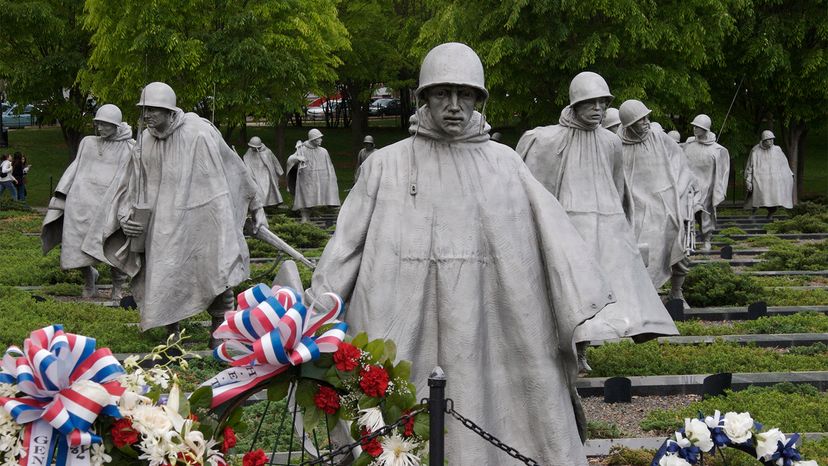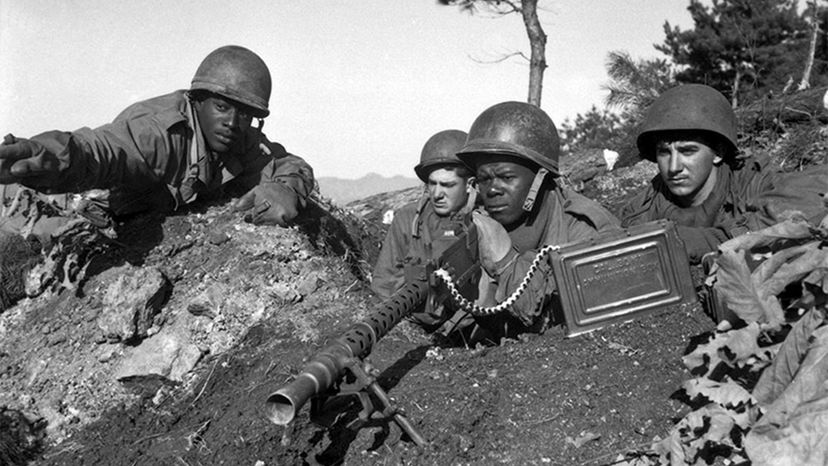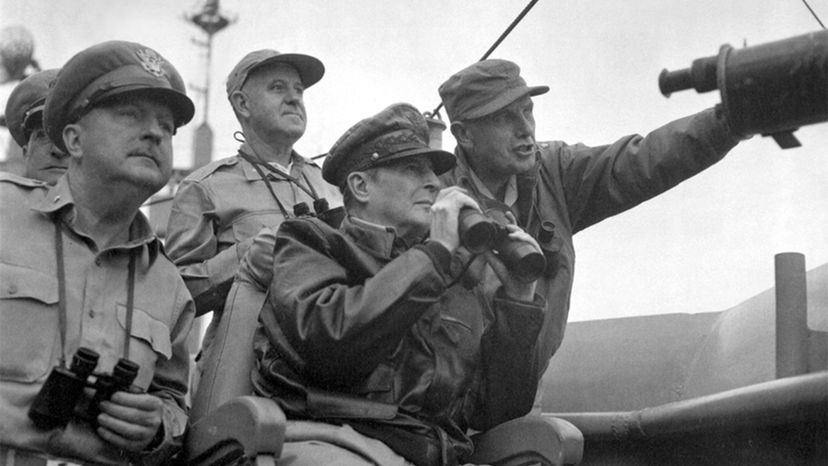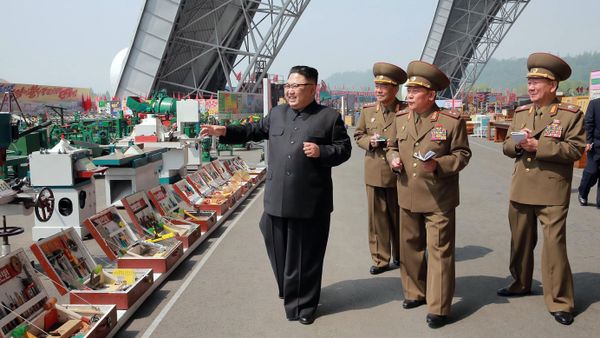
Seventy years ago, on June 25, 1950, North Korean tanks rolled across the 38th parallel, the line that separated communist North Korea from U.S.-backed South Korea. As a top secret U.S. intelligence cable from Tokyo to Washington concluded, the incursion wasn't just a mere raid. "The size of the North Korean Forces employed, the depth of penetration, the intensity of the attack, and the landings made miles south of the parallel on the east coast indicated that the north Koreans are engaged in an all-out offensive to subjugate South Korea."
The Korean War, which ultimately would pit the U.S. against China in the first-ever confrontation between the two superpowers, would claim the lives of an estimated 2.5 million military members and civilians, including nearly 34,000 Americans. The fighting would cease with an armistice on July 27, 1953, but the Geneva Conference of 1954 failed to produce a peace treaty, and the North and South remained tense enemies.
Advertisement
That's the way things pretty much have continued, though in 2018, North Korean dictator Kim Jong Un and South Korean President Moon Jae In announced that they would work together toward a peace treaty. But after the collapse of a February summit between U.S. President Donald Trump and North Korean dictator Kim Jong Un, those tensions seem likely to remain for a while longer.


